5 Ways Video Games Can Help with Stress and Mindfulness
Games are good for more than having fun
Are video games really just a waste of time? How games can help us reduce stress and feel better about ourselves.
This piece was featured in Psychology Today.

Games are all around us—web games built into social media or messenger apps, mobile games, fast-paced console games, or exciting desktop games. We play for pleasure or leisure, and occasionally neglect our work for a favorite Xbox or PlayStation game.
However, many people don’t realize the tangible benefits of video games. Let’s look at five ways that games can help you with stress and improve mindfulness.
1. Your brain on autopilot—a meditation technique
As multiple studies have demonstrated, mindful meditation can help improve focus, cognitive flexibility, relationship satisfaction, and reduce stress. It is a process designed to help practitioners focus on the present rather than dwelling on the past or worrying about the future. This state of mindfulness is one many gamers effortlessly and unintentionally achieve while they’re shooting zombies or solving puzzles. This feeling of being “in the zone” is sometimes referred to as flow by psychologists—the feeling of total immersion in an activity. Because well-designed games typically include a series of small, achievable tasks, they’re ideal for attaining this flow state. One recent study suggests that digital games—especially mobile games—can actually help you recover from a long day like traditional mindfulness apps do, without feeling like a chore.
2. A break from life’s challenging goals
Games provide instant gratification, which can be a swift respite for those leading demanding lives, whether as students or at work. When struggling through setbacks, a good game gives us small, attainable goals that help create a feeling of accomplishment or satisfaction. This may be why more than 60 percent of CEOs, CFOs, and other executives take breaks at work every day to play games, including classic and free online games like Solitaire.
3. An expression of creativity and freedom
One of our most basic needs is the ability to practice creativity. Unfortunately, finding ways to express ourselves can be challenging. Open-ended games such as Minecraft, Roller Coaster Tycoon, and Fortnite Creative can be powerful tools, as they let players build and manipulate the game world to make something fun, beautiful, or unique. Here are some astonishing creations in Minecraft, including Disneyland, a scale model of Earth, and a working computer, all meticulously created one cube at a time.
4. A release of dopamine, the “happiness hormone”
Whenever we do something pleasurable, like eating something delicious or spending time with loved ones, our brains release dopamine, colloquially called the “happiness hormone.” We need positive things in our lives, but this can be difficult due to circumstance, social anxiety, or cost. Dopamine is also released when people play video games, making them a cost-effective and easily accessible way to brighten your day. In moderation, this can be used to help us “recharge” before rejoining the real world.
5. A social playground of like-minded individuals
Humans are social animals, and one of our most fundamental needs is to feel connected to others. As I’ve written previously, gaming creates a social environment that encourages interaction (for in-game strategy, competition, trading items, or creative expression). The anonymity afforded by playing online can make social interaction feel possible for introverts and others who have difficulty meeting others face-to-face. For many, this is a stepping stone toward lifelong friendships. Last year, rapper and actor Ice T tweeted that he was mourning a friend he had never met in person: “Sadly I lost a Friend today... A person I’ve never met face to face... But someone I played Video games with for years.”
This article was written with the help of game developer Neal Taparia.
